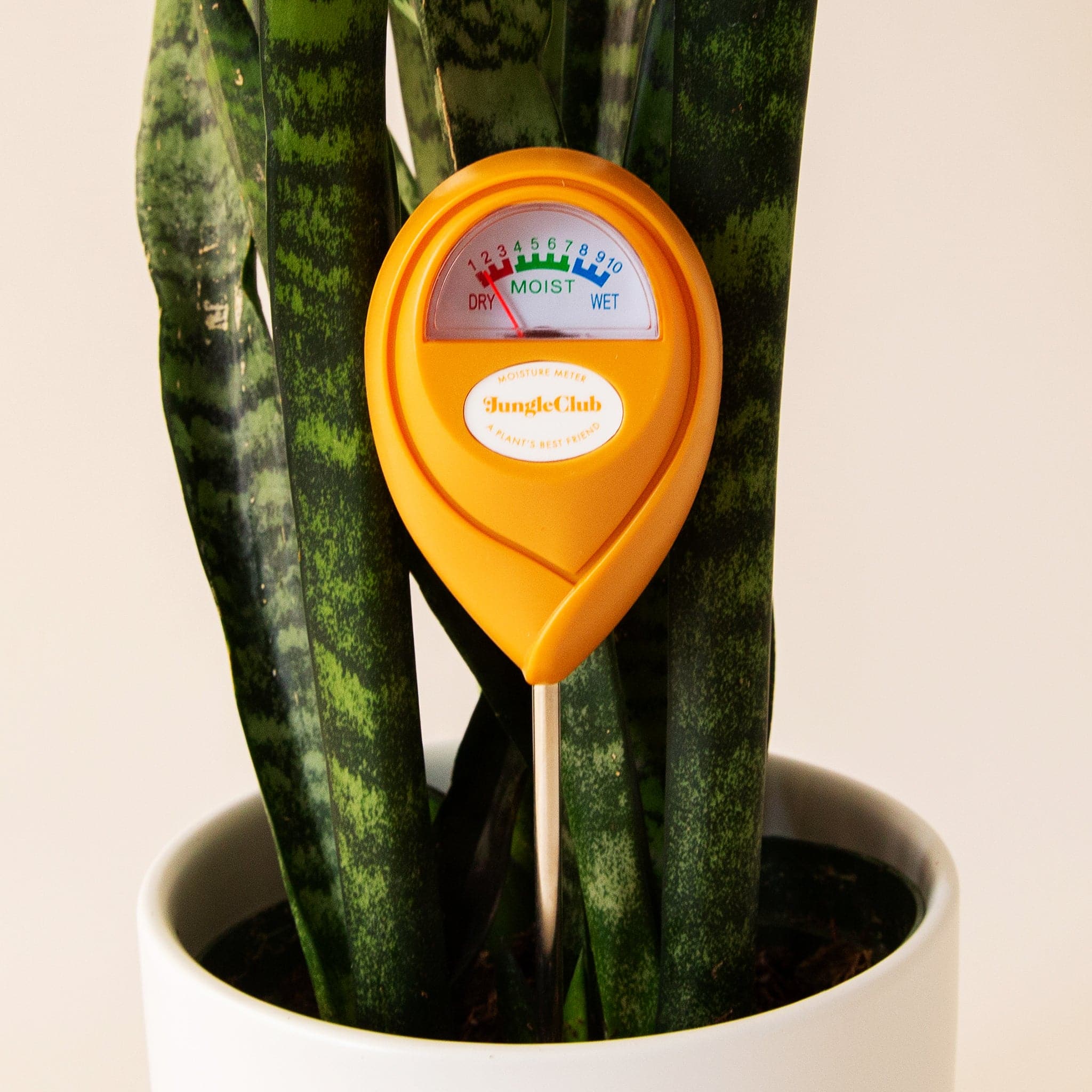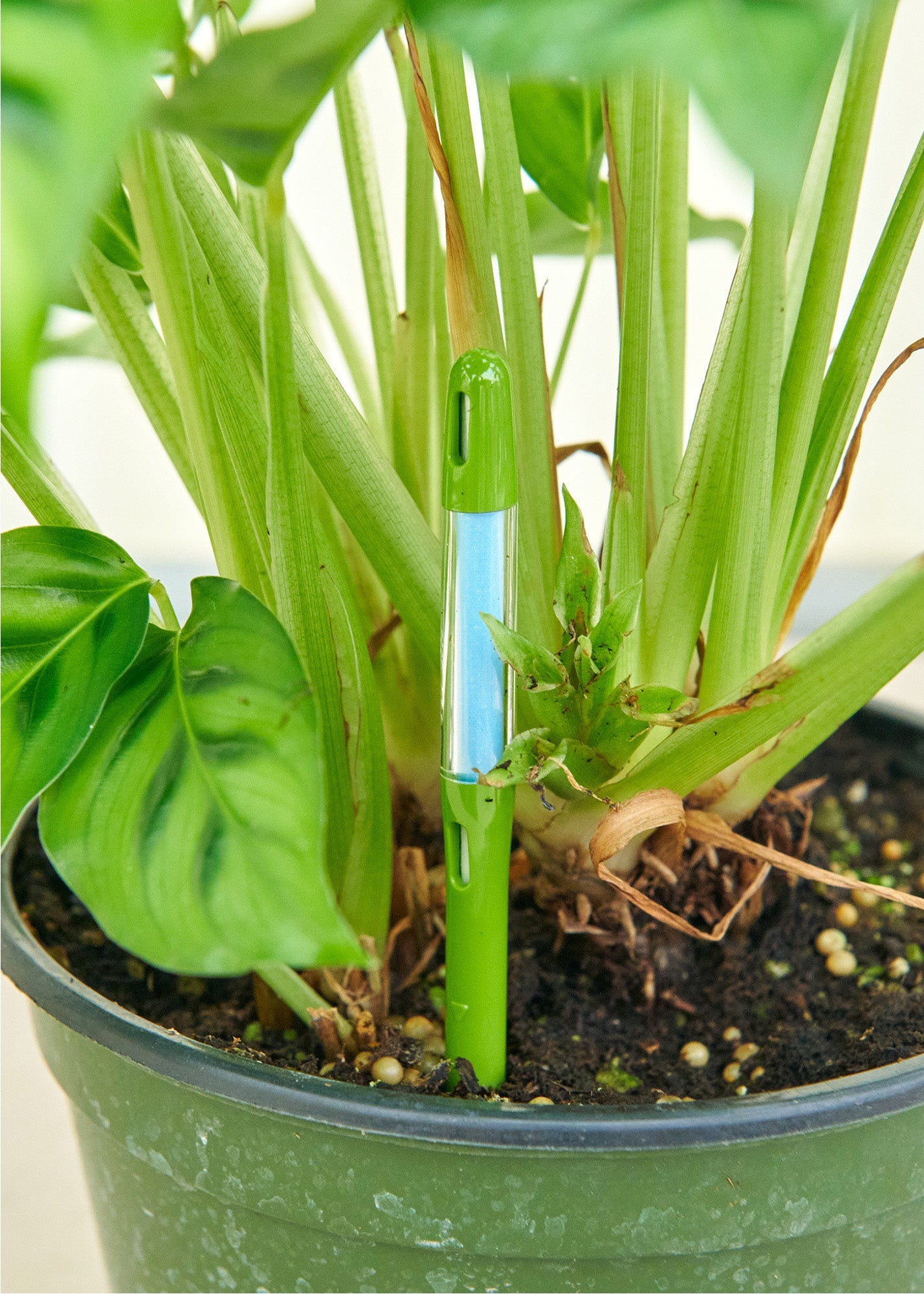The Ultimate Overview to Selecting the Right Moisture Meter for Your Requirements
The Ultimate Overview to Selecting the Right Moisture Meter for Your Requirements
Blog Article
The Ultimate Overview to Moisture Meters: A Comprehensive Summary and Just How They Can Save You Money
In the world of structure upkeep, building and construction, and numerous industries, the value of precisely gauging dampness degrees can not be overstated. Wetness meters offer as indispensable tools in spotting and checking moisture material in materials, aiding in protecting against expensive damages and guaranteeing the high quality of products. Understanding the nuances of different types of dampness meters, their applications, and the possible cost-saving benefits they provide can be a game-changer for professionals and businesses alike. Finding how these tools can not just enhance procedures however likewise contribute to economic savings is a journey worth starting.
Kinds of Moisture Meters
One common kind is the pin-type wetness meter, which measures the electrical resistance in between 2 pins inserted right into a product. Pinless wetness meters, on the other hand, use electro-magnetic sensing unit plates to check a larger location without causing damage to the product's surface area.

Infrared wetness meters gauge the thermal residential or commercial properties of a material to identify its moisture material non-invasively, making them helpful for applications where pin or pinless meters might not be appropriate. Recognizing the various kinds of moisture meters available can help industries pick the most proper tool for their particular dampness dimension needs.

Benefits of Making Use Of Wetness Meters
Dampness meters offer invaluable advantages in accurately checking and examining moisture levels in varied materials and environments. One of the main benefits of using dampness meters is the prevention of prospective damage caused by excess wetness.
Furthermore, using wetness meters can lead to enhanced energy effectiveness. In agricultural settings, moisture meters play a critical duty in optimizing crop returns by allowing farmers to check soil dampness degrees and make educated watering choices.
Exactly How to Choose the Right Moisture Meter
When selecting a wetness meter, it's important to make sure that the meter is suitable for the certain product you will be screening. Various products have varying electrical residential or commercial properties that can affect moisture analyses, so selecting a meter created for your material is important for precise results. By very carefully evaluating these aspects, you can select a wetness meter that meets your needs and provides precise moisture measurements for your jobs.
Appropriate Strategies for Wetness Meter Use

Expense Cost Savings With Wetness Meter Applications
Exactly how can the strategic usage of dampness meters bring about considerable price financial savings across different sectors? Dampness meters play a crucial duty in cost financial savings by protecting against possible damage and making sure quality assurance in different fields. In the agriculture industry, wetness meters aid in identifying the optimum time for collecting crops, stopping over-drying or excess moisture that can influence the end product's quality. This precise tracking assists farmers stay clear of unneeded losses and optimize their yield.
Similarly, in building and construction, dampness meters help prevent expensive problems by finding wetness next levels in building materials, such as wood or concrete, which can result in architectural concerns if not resolved promptly. By recognizing issue areas beforehand, specialists can take corrective procedures to prevent extensive fixings or replacements, inevitably conserving time and cash.
Moreover, in the food handling sector, wetness meters are essential for checking product quality and making sure compliance with security regulations. By properly measuring moisture material in food products, producers can stop putridity, maintain freshness, and minimize waste, causing significant cost financial savings. On the whole, the strategic application of wetness meters is an important financial investment that can result in substantial price decreases and improved efficiency throughout various industries.
Verdict
In conclusion, moisture meters are beneficial tools for identifying and determining wetness levels in various products. By making use of the appropriate moisture meter and complying with correct techniques, individuals can efficiently protect against costly problems brought on by excess moisture. Spending in a quality dampness meter can cause substantial price financial savings over time by recognizing prospective issues early and allowing prompt removal. Ultimately, moisture meters are vital tools for keeping the honesty and long life of materials and structures.
Dampness meters offer as important devices in discovering and monitoring moisture material in materials, helping in protecting against expensive problems and making certain the high quality of products. Infrared dampness meters gauge the thermal homes my response of a product to identify read here its moisture content non-invasively, making them valuable for applications where pin or pinless meters might not be appropriate.Wetness meters provide very useful benefits in precisely keeping an eye on and analyzing dampness degrees in diverse materials and settings. In agricultural settings, dampness meters play a vital function in enhancing crop yields by making it possible for farmers to check dirt wetness levels and make educated watering choices.In final thought, moisture meters are useful devices for measuring and finding wetness levels in different products.
Report this page